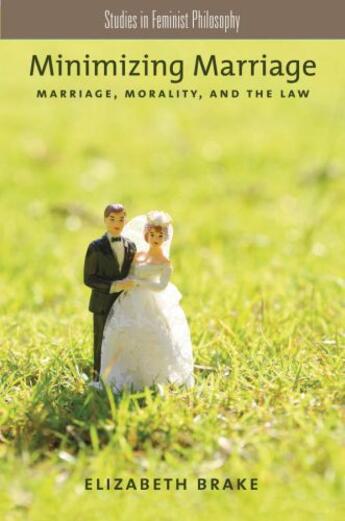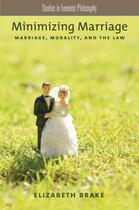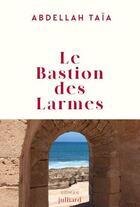-
Nombre de pages : (-)
-
Collection :
(-)
-
Genre :
(-)
-
Thème :
Non attribué
-
Prix littéraire(s) :
(-)
Résumé:
Even in secular and civil contexts, marriage retains sacramental connotations. Yet what moral significance does it have? This book examines its morally salient features -- promise, commitment, care, and contract -- with surprising results. In Part One, "De-Moralizing Marriage," essays on promise... Voir plus
Even in secular and civil contexts, marriage retains sacramental connotations. Yet what moral significance does it have? This book examines its morally salient features -- promise, commitment, care, and contract -- with surprising results. In Part One, "De-Moralizing Marriage," essays on promise and commitment argue that we cannot promise to love and so wedding vows are (mostly) failed promises, and that marriage may be a poor commitment strategy. The book contends with the most influential philosophical accounts of the moral value of marriage to argue that marriage has no inherent moral significance. Further, the special value accorded marriage sustains amatonormative discrimination - discrimination against non-amorous or non-exclusive caring relationships such as friendships, adult care networks, polyamorous groups, or urban tribes. The discussion raises issues of independent interest for the moral philosopher such as the possibilities and bounds of interpersonal moral obligations and the nature of commitment.
The central argument of Part Two, "Democratizing Marriage," is that liberal reasons for recognizing same-sex marriage also require recognition of groups, polyamorists, polygamists, friends, urban tribes, and adult care networks. Political liberalism requires the disestablishment of monogamous amatonormative marriage. Under the constraints of public reason, a liberal state must refrain from basing law solely on moral or religious doctrines; but only such doctrines could furnish reason for restricting marriage to male-female couples or romantic love dyads. Restrictions on marriage should thus be minimized. But public reason can provide a strong rationale for minimal marriage: care, and social supports for care, are a matter of fundamental justice. Part Two also responds to challenges posed by property division on divorce, polygyny, and supporting parenting, and builds on critiques of marriage drawn from feminism, queer theory, and race theory. It argues, using the example of minimal marriage, for the compatibility of liberalism and feminism.
Donner votre avis















